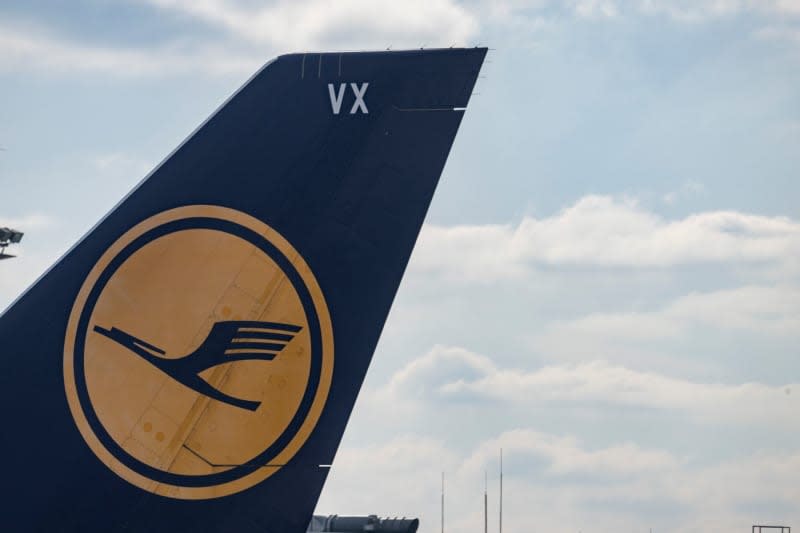Lufthansa criticizes lack of modernization at Munich Airport

German airline Lufthansa has complained about a lack of innovation at the Munich Airport, the second-largest hub for the flagship carrier.
Lufthansa Airline's chief operating officer, Karl Brandes, said on Tuesday evening that management at Munich Airport has not made the same kind of progress in recruiting personnel and modernizing processes as Frankfurt Airport operator Fraport.
Brandes acknowledged the current difficulty in hiring new staff, saying Lufthansa itself faces similar challenges, but that the airline has tried to support partners at hub airports in their search for workers.
In addition, however, the processes involved in aircraft handling must also be modernized at all airports, Brandes said. In order to counteract the shortage of labour, digitalization, automation and artificial intelligence must be driven forward.
"The whole topic of innovation must be brought forward significantly. Handling today is like it was 30 years ago," he said.
Munich Airport chief executive Jost Lammers rejected the criticism from Lufthansa in a press release on Wednesday.
"We are working intensively and successfully in a very close partnership with Lufthansa, both in the recruitment of personnel and in various innovation and optimization projects," he said.
Last year alone, more than 1,000 new employees were hired, including several hundred at the ground-handling subsidiary AeroGround.
Lammers referred to innovative projects such as the use of CT scanners for passenger screening or biometric technology for boarding pass control in the Munich Airport's Terminal 2.
For years, Lufthansa managers have criticized its major Frankfurt base for a lack of punctuality and efficiency.
However, the company believes that progress is now being made in Frankfurt, which is Germany's largest airport and among the busiest in Europe.
According to Lufthansa Airline boss Jens Ritter, the carrier has been unable to grow as much as it would like due to bottlenecks on the ground. That, combined with the continuing shortage of new aircraft, has made it difficult for Lufthansa to meet very strong demand, particularly for long-haul travel, Ritter said.
"Lufthansa will continue to grow, but based on the experience of previous years will try not to overload the overall system, Ritter said.

